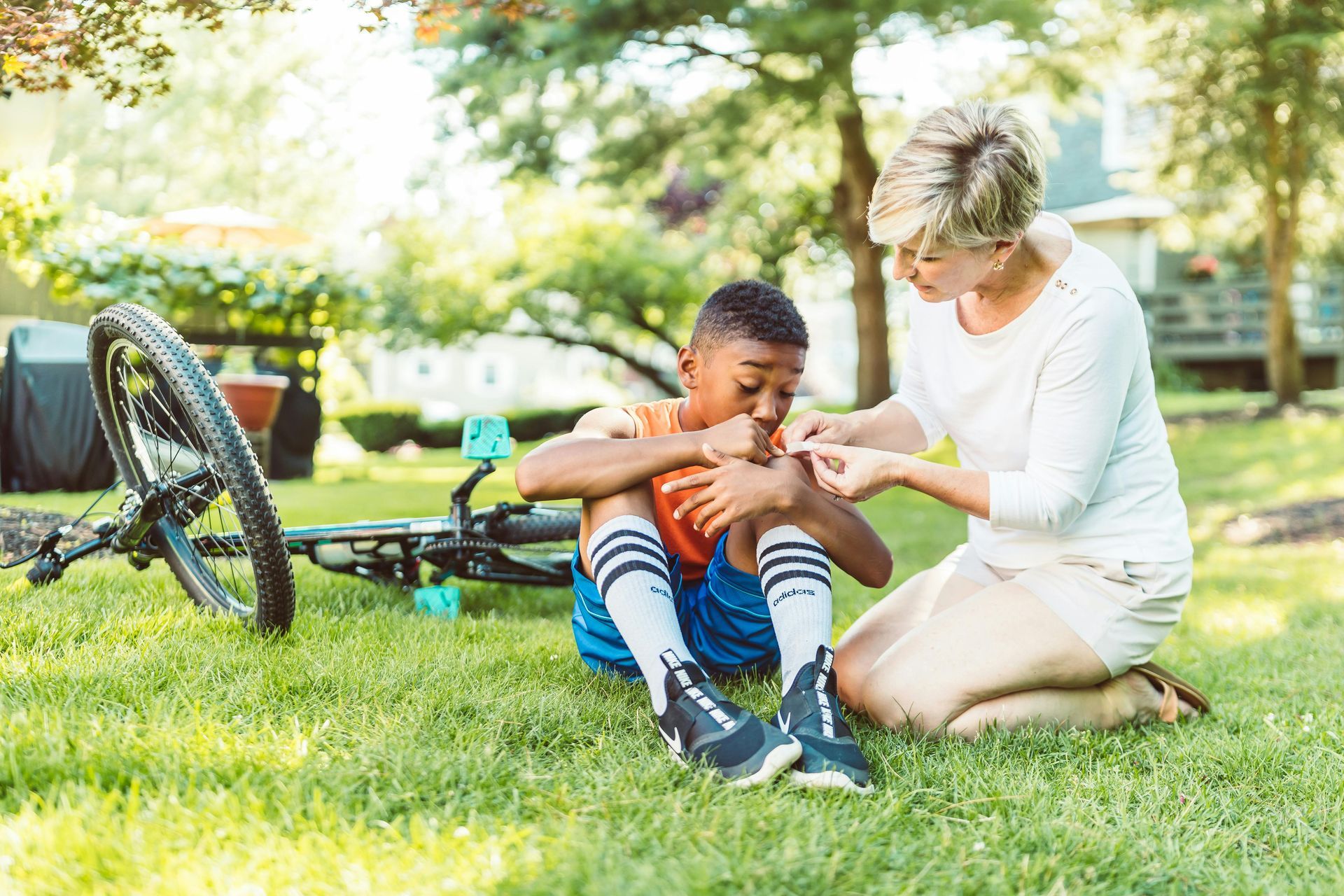Back-To-School and Teen Driver Safety: What Parents Should Know in New York
Back-To-School and Teen Driver Safety: What Parents Should Know in New York
The school year is officially kicking off in New York, and the roads are bound to get busier–but not just with school buses. Many teenagers are also beginning to drive themselves to class, after-school activities, or part-time jobs for the very first time. And unfortunately, this means an increase in traffic accidents involving young drivers.
According to the
New York State Department of Health, motor vehicle crashes are a leading cause of unintentional deaths for teens between the ages of 16 and 17. And every single day, approximately 10 people are killed or seen in hospitals following car crashes caused by a teen behind the wheel.
There are many risk factors contributing to this reality, such as inexperience on the road, not using seat belts, and driving at night and on the weekends. Per the
CDC, the fatal crash rate at night is about three times higher for teens than adult drivers, and in 2020, 50% of motor vehicle crash deaths among teens occurred between 9:00 p.m. and 6:00 p.m. on Fridays, Saturdays, or Sundays. Other risk factors include distracted driving, speeding, alcohol consumption, and the use of other drugs or substances.
Here at Langella & Langella, we know just how overwhelming it can be when a car accident involves your child. Whether your teen is getting behind the wheel for the first time or is becoming a regular passenger in their friends’ cars, it’s crucial to know what steps to take to protect their safety, their rights, and your peace of mind.
Understanding New York’s Teen Driving Laws
New York already has Graduated Driver Licensing (GDL) laws in place to help young drivers gain experience by phasing in full driving privileges. Teens that are at least 16 years of age can obtain a learner’s permit after passing a written test. Then, they must complete at least 50 hours of supervised driving, pass a five-hour pre-licensing course, and hold their learner’s permit for a minimum of six months before taking a road test.
Once your teen passes their road test, they will be granted a junior driver’s license, which has its own set of restrictions in New York. Those with junior driver’s licenses can drive between 5:00 a.m. and 9:00 p.m. without a supervising driver present as long as they are traveling
directly between their home and school or work. Additionally, they may face restrictions on how many non-family passengers they can carry, and any cell phone use while driving is strictly prohibited.
Parents must be familiar with these rules because violations can lead to fines, points, or even license suspension. For instance, the first conviction of a texting or cell phone use violation will result in a 120-day suspension of your teen’s permit or driver’s license, according to the
New York State Department of Motor Vehicles (DMV).
What To Do After A Car Accident Involving A Minor
There’s nothing more terrifying than receiving that dreaded phone call: the one in which you learn your teen has been involved in a car accident. But amidst the rush of emotions, it’s critical that you stay calm and encourage your teen to follow these steps.
Get to safety and check for injuries first.
If anyone is hurt, call 911 immediately. Moving to a safe area away from oncoming traffic and seeking medical assistance should always be your top priority.
Make sure your teen knows to exchange information with the other driver.
This should include driver’s licenses, registration, insurance, and contact information.
Document the scene.
If your teen is able, urge them to take photos of the vehicles involved, damages, and the surrounding area of the crash.
Report the accident.
You should contact the police to ensure there is a record of the accident. In New York State, drivers must also report certain accidents to the DMV.
Contact an experienced personal injury attorney.
Personal injury attorneys are there to help you and your teen navigate the aftermath, especially if there are injuries, disputes over fault, or uninsured motorists involved.
Langella & Langella Personal Injury Attorneys are ready to assist you in the claims process. Our goal is to protect your teen’s legal rights and pursue their rightful compensation if they were injured.
Tips For Parents Of Teen Drivers In New York
Watching your teenager pull out of your driveway alone for the first time can be both a proud and nerve-wracking moment. You want them to enjoy their newfound freedom, but you also want to know that they’ll get home safely.
One of the best ways you can protect them is by having ongoing and honest conversations about safe driving habits. Talk about the dangers of distractions, especially texting, and make it clear that no reply (or even song change) is worth taking their eyes off the road.
Remind them to always wear their seatbelt, no matter how short their trip is, and to never get behind the wheel if they’ve been drinking or feel too tired to drive. You can also encourage your teen to keep music at a reasonable volume and limit the number of passengers in their vehicle since crowded cars can increase the risks of an accident.
Finally, make sure that you lead by example. The driving habits your teen watches you practice every day may become the ones they follow for years to come. So, if they see you wearing your seatbelt, abiding speed limits, and avoiding distractions, they’re more likely to follow suit.
We’re Here To Help
Sending your teen back to school this September might feel daunting, but preparation makes a big difference. By understanding New York’s laws, reinforcing safe driving habits at home, and having a post-accident game plan in place, you’re already helping to protect your teen on the road.
And if your child becomes injured in a car accident, whether as a driver or passenger, Langella & Langella is here to stand by your family. We’ll gather evidence, handle insurance companies, consult third-party experts if necessary, and fight to secure your teen the compensation they deserve. Contact us today for a
Free Consultation by calling (631) 348-9500.



